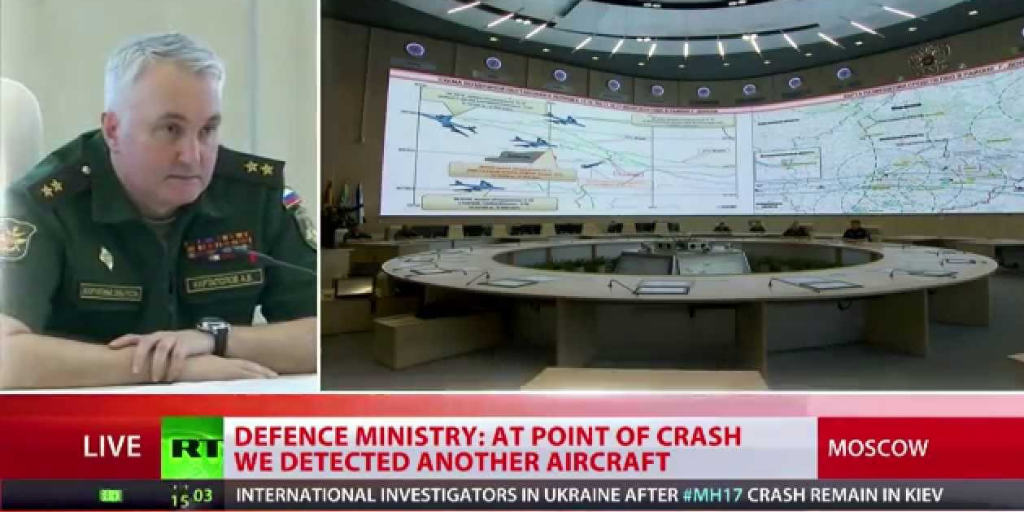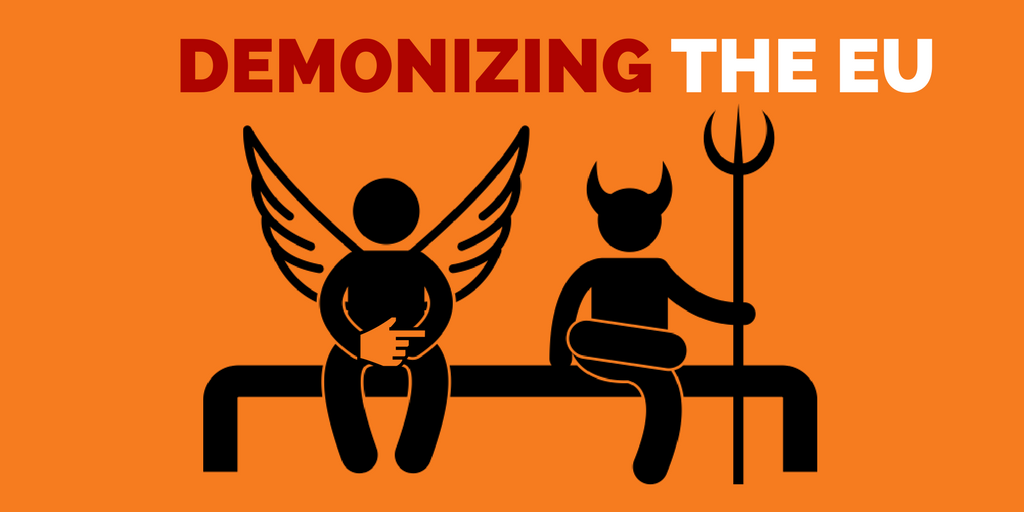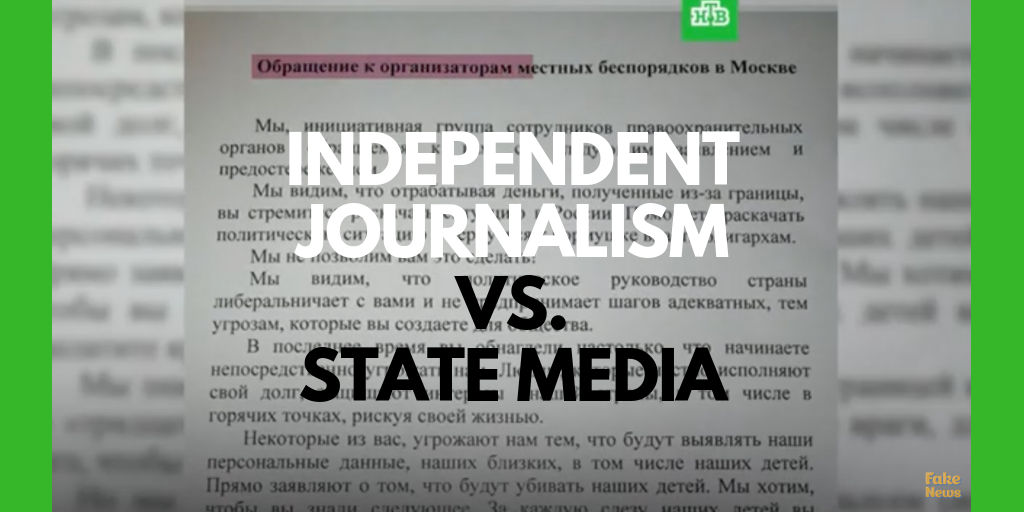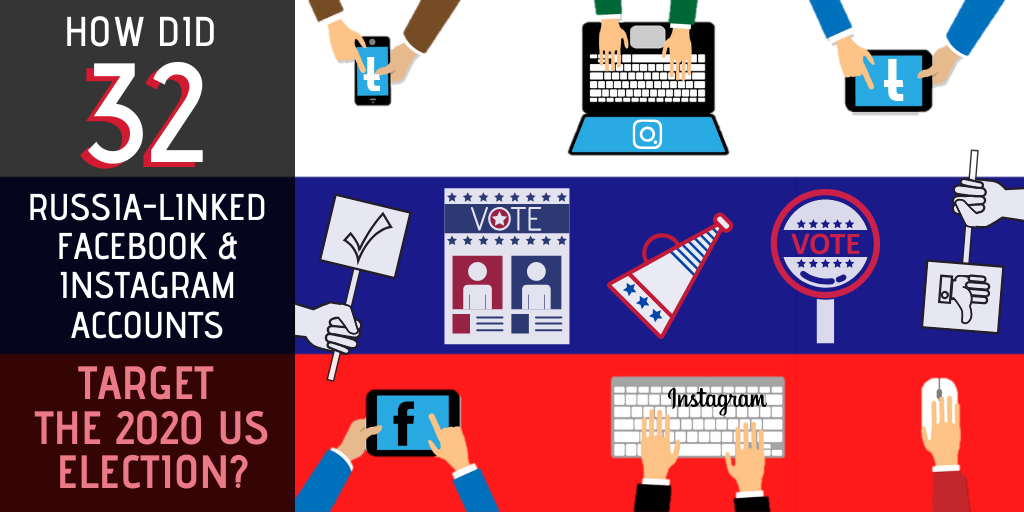First, in March that year, the “little green men” in Crimea were unmasked as Russian military. Later in the spring, people in the allegedly local militias in eastern Ukraine also turned out to be soldiers deployed from Russia. When the summer came, and Russian troops shot down a civilian airliner over eastern Ukraine, Moscow again decided not to tell the truth, opting for multiple and contradictory “theories” about what had happened.
Now, five years later, a Russian commentator concludes that the Kremlin’s credibility has been undermined and that Moscow stands considerably more isolated than it did before 2014.
“As if we are preparing the country for war”
In an article titled “What Crimea Has Already Cost Russia,” which was published last week by the Russian magazine The New Times, journalist and political scientist Alexander Morozov takes a look at the consequences the Ukrainian campaign and the disinformation have had for his country, Russia.
According to Morozov, Russia after 2014 has fundamentally changed. He now sees “another Russia – different from what it was and how it was perceived at all previous stages of the post-Soviet development.”
The role of propaganda has been profound in this change, Morozov underlines, recalling concerns expressed by Russia’s former prime minister Yevgeny Primakov in one of his last interviews before his passing in 2015, in which he called the coverage in Russia of events in Ukraine “exaggerated […] as if we are preparing the country for war.”
Watch also: A guide to Russian propaganda. Part 4: Russian propaganda operates by law of war

The “Novorossiya” project
Morozov also addresses the “Novorossiya” project, i.e. the threats of annexing not only Crimea but also other parts of Ukraine, including the country’s entire south coast, which were central to the propaganda in 2014, but gradually became downplayed following the sanctions imposed in Russia by the EU and other parts of the international community.

Read also: 5 facts about “Novorossiya” you won’t learn in a Russian history class
However, in Morozov’s view, the memory of the “Novorossiya” plan is still vivid and “has forever been recorded in the history of Eastern Europe. There is no argument that would distinguish this from the history of the division of Poland or the occupation of the Baltic countries. Whatever the further historical destiny of the Crimea will be, this blatant malice from the Kremlin towards a neighboring people in the 21st century has been written in large and black letters,” Morozov argues.
“Crimea is a poison”
For the last five years, Kremlin-loyal Russian media has promoted a narrative about how Crimea’s annexation is gradually becoming accepted and the peninsula’s status “normalized.”
But Alexander Morozov disagrees with this narrative. On the contrary, he sees Crimea as a persisting problem for Russia: “Crimea is a poison that has continuously been injected for five years in small doses into the body of the whole system of Russian education, culture and the entire system of argumentation over national identity,” he writes, and continues: “We have to continually invent, distribute and discuss on talk shows the various ‘arguments of lies’ that justify Crimea. This lie must be incorporated in school textbooks, in film plots, in the system of legal education of bureaucrats, in all the pores and gaps of the social space. Society […] cannot admit that it participated in the attempt to divide Ukraine,” Morozov argues.

Finally, Morozov describes what he sees as a systemic and long-lasting consequence for Russia of the Crimean adventure: “This ‘perversion of the mind’ turns into a big machine, which cannot then be removed from the state without harming the whole body. An equality sign appears between this machine of lies and the state. And this means that Crimea swells up like a bubble inside the system. It cannot be localized. Cancer cells inside the entire state and public tissue disseminate from it every day,” he concludes.
The disinformation – and the debunks
Below are three examples of Ukraine-related disinformation from the early period of the conflict – watch the videos and follow the links to the articles to also see how it was demonstrated that these stories were constructed and simply hoaxes.
Further reading:
- Crimea: Game Not Over
- Motorola’s death debunks 6 Kremlin myths
- Denigrating Ukraine With Disinformation
- Ukraine Under Information Fire
- Ukraine-related narratives dominate Russian propaganda – disinformation watchdogs
- Distraction as a tool of Russian propaganda
- Fake: Russian propaganda claims 1/4 of Ukrainians fled Ukraine because of pro-NATO policy
- Russian propaganda attacks Ukraine via Canada
- Propaganda contractors: Russian state TV airs staged interview to denigrate Ukraine
- 5 facts about “Novorossiya” you won’t learn in a Russian history class
- “Novorossiya? Steppe Ukraine? Northern Black Sea region?”
- Russian historians preparing textbooks on “Novorossiya”






